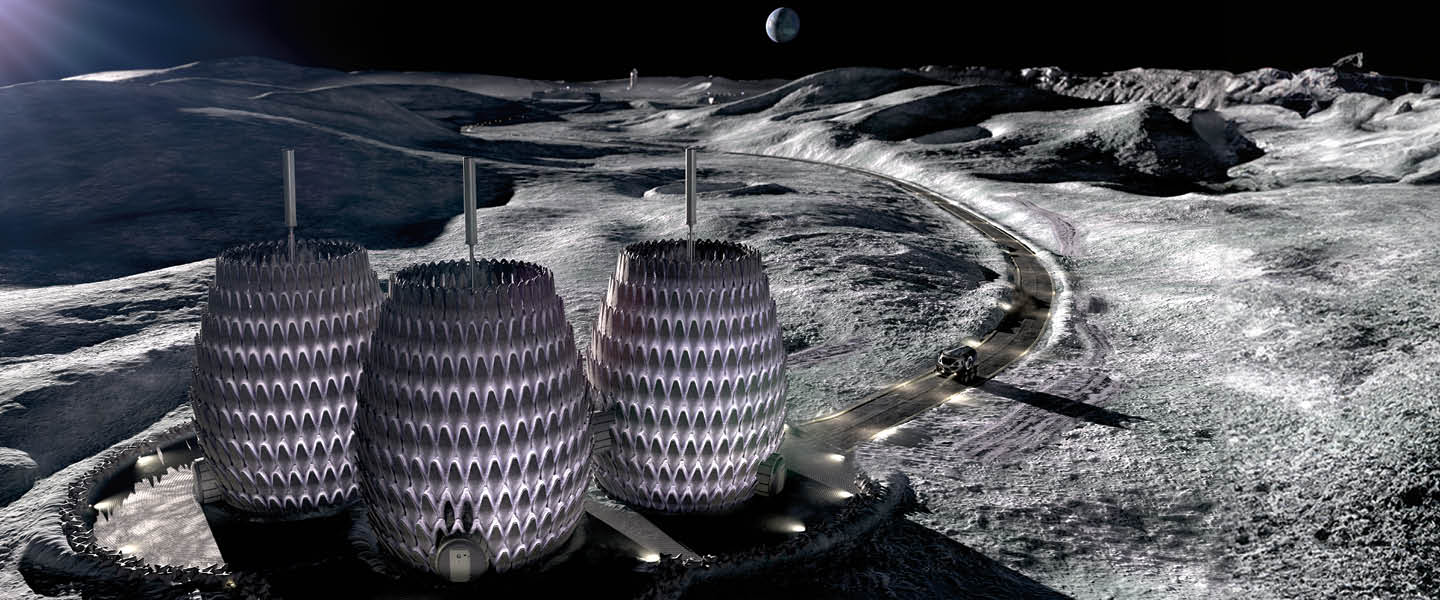The moon is our first stepping stone to the rest of the universe. A settlement there would be not only an immense scientific and technological achievement but also an economic and political one—not to mention its significance for human development and survival.
Long-term exploration and settlement has clear benefits—those we can foresee and those we can’t. We know that lunar exploration will teach us more about natural history—how billions of years ago planet-sized rocks collided, forming Earth and the dust that would become the moon. But moon settlement will also bring about technological advancements, like new ways of recycling or controlling the environment.
Space exploration is also a great way to promote international cooperation, as the International Space Station has shown. For many years, Russia and Western nations have gotten along on the space station, despite their troubles on Earth. Economically, a moon settlement would give us access to new resources that might be useful on Earth and to our continuing exploration of space.

